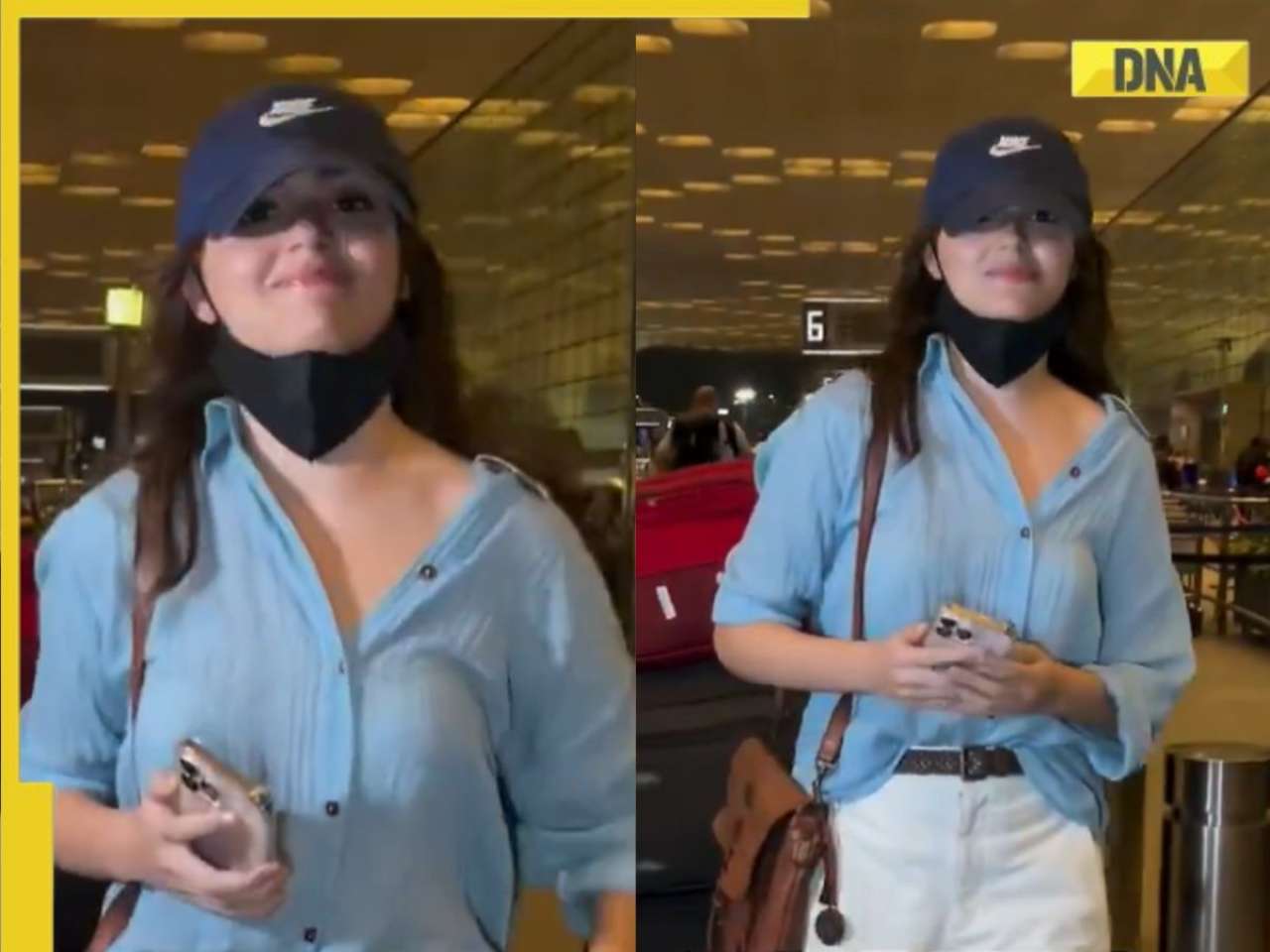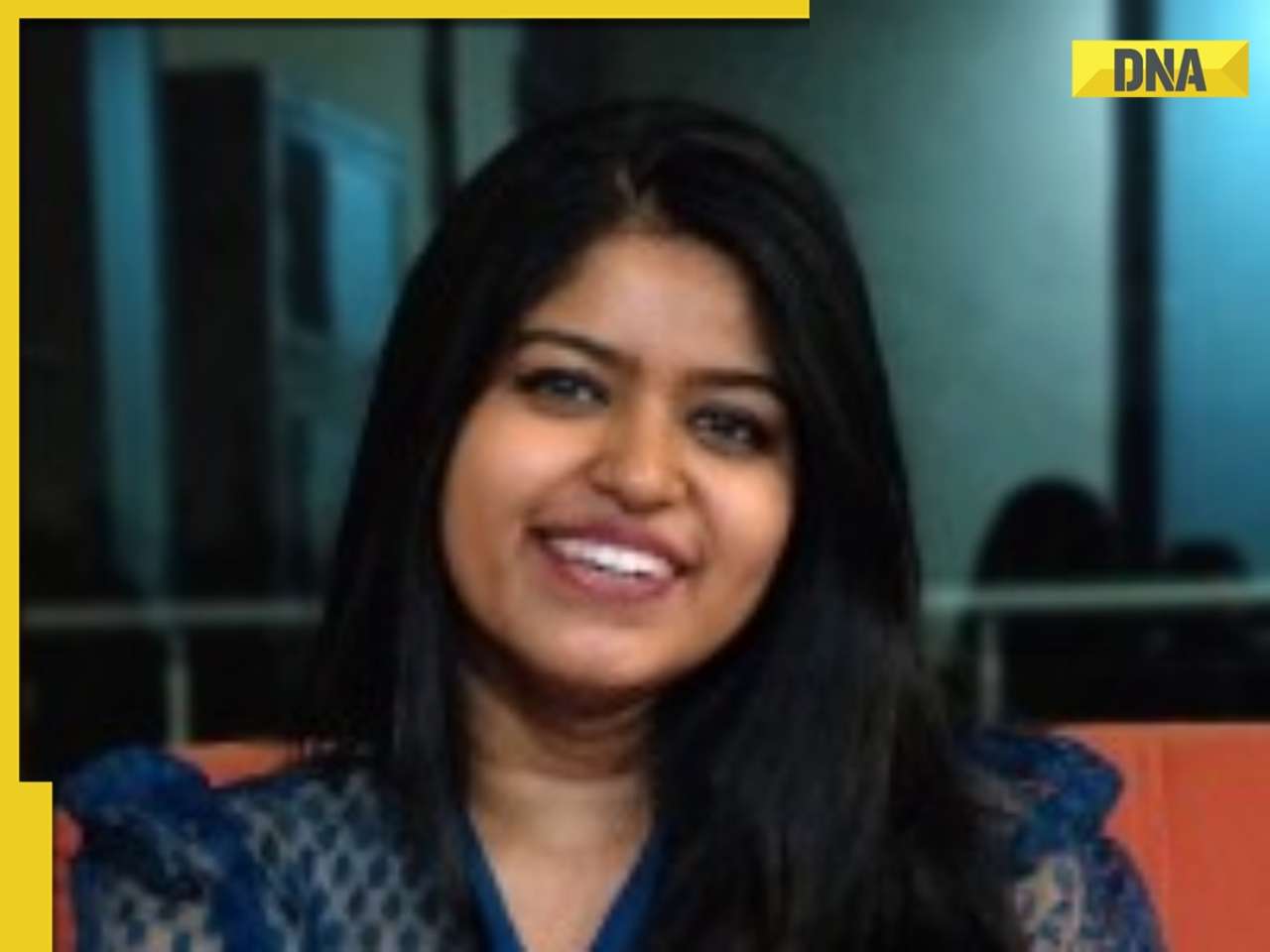The digital rights activists have flagged warning that AI generators like OpenAI's Ghibli-style generator could be secretly collecting a massive database of human faces.
The recent launch of OpenAI's Ghibli-style generator sent shockwaves across the internet, with millions of users clamoring to see themselves reimagined in the iconic Studio Ghibli style. Grok 3, Elon Musk's AI chatbot, quickly followed suit by introducing a Ghibli-style rendering feature to xAI's platform. As a result, thousands, if not millions, of users voluntarily shared their facial data with AI platforms, further expanding the vast repository of facial recognition data. The growing trend raises concerns about data privacy and copyright infringement.
Studio Ghibli's iconic style is recognisable and beloved, but reproducing it using AI generators may blur the lines between inspiration and imitation. The digital rights activists have flagged warning that AI generators like OpenAI's Ghibli-style generator could be secretly collecting a massive database of human faces. Since users are voluntarily uploading their photos, it sidesteps regulations like GDPR, which requires companies to prove a "legitimate interest" in collecting data.
According to Luiza Jarovsky, co-founder of the AI, Tech & Privacy Academy, this voluntary upload loophole allows OpenAI to collect and process biometric data with greater freedom. She warned that people are inadvertently providing OpenAI with a treasure trove of high-quality facial images. She highlighted that OpenAI's policy clearly states that user-submitted images can be used to train AI models, unless users explicitly opt out.
Further, processing facial images through AI systems raises concerns about identity theft and deepfake misuse, as AI can generate new variations of a person's likeness. A cybersecurity collective, Himachal Cyber Warriors, warned users to think twice before sharing their Ghibli-style selfies, cautioning that their photos could be misused, manipulated, or sold for targeted ads without their consent.
Meanwhile, some skeptics believe the Ghibli AI trend was orchestrated by OpenAI CEO Sam Altman, who allegedly enlisted celebrities and influencers to promote the AI-generated portraits, creating a viral sensation. This strategy would have enabled the company to collect a vast amount of facial data quickly. The coordinated nature of the trend has raised ethical questions about the use of influencer marketing to gather data and whether celebrities disclosed any promotional agreements. So far, OpenAI has not commented on these speculations.
Find your daily dose of All
Latest News including
Sports News,
Entertainment News,
Lifestyle News, explainers & more. Stay updated, Stay informed-
Follow DNA on WhatsApp.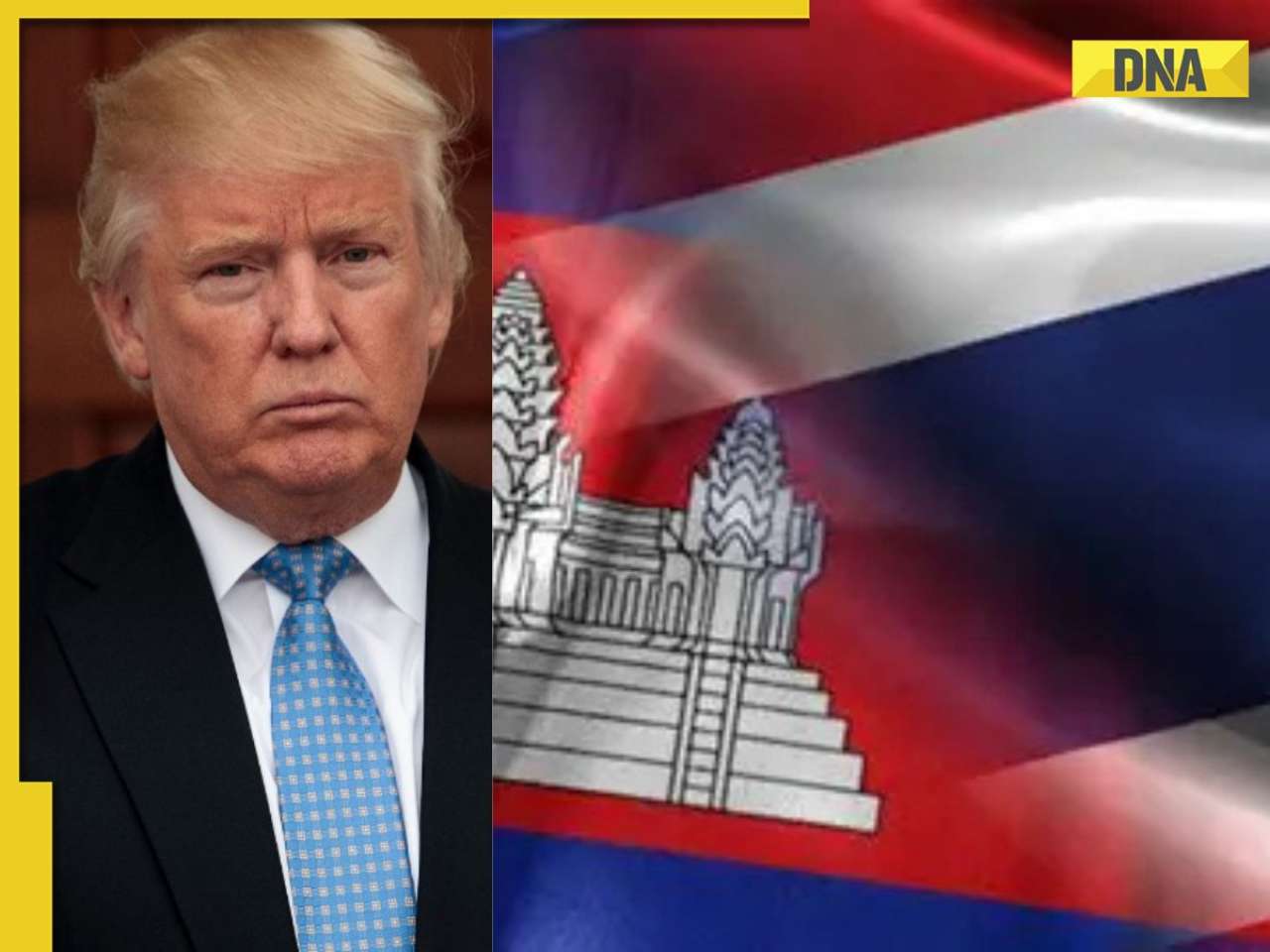 Cambodia, Thailand agree to ceasefire after Donald Trump's intervention, latter has one condition
Cambodia, Thailand agree to ceasefire after Donald Trump's intervention, latter has one condition Stampede at Mansa Devi temple in Haridwar, 6 feared dead, several injured
Stampede at Mansa Devi temple in Haridwar, 6 feared dead, several injured Pakistan honours US General who praised it for...with prestigious Nishan-e-Imtiaz award, India opposed him for...
Pakistan honours US General who praised it for...with prestigious Nishan-e-Imtiaz award, India opposed him for... Japan’s fastest bullet train can cover Delhi to Varanasi in just 3.5 hours, check stoppages, route, will be operational from...
Japan’s fastest bullet train can cover Delhi to Varanasi in just 3.5 hours, check stoppages, route, will be operational from... Rishabh Pant to bat on day 5 of 4th Test vs England? Batting coach issues BIG update on India's vice captain's availability
Rishabh Pant to bat on day 5 of 4th Test vs England? Batting coach issues BIG update on India's vice captain's availability 7 stunning images of Galactic 'Fossil' captured by NASA
7 stunning images of Galactic 'Fossil' captured by NASA Other than heart attacks or BP : 7 hidden heart conditions triggered by oily foods
Other than heart attacks or BP : 7 hidden heart conditions triggered by oily foods 7 most captivating space images captured by NASA you need to see
7 most captivating space images captured by NASA you need to see AI-remagined famous Bollywood father-son duos will leave you in splits
AI-remagined famous Bollywood father-son duos will leave you in splits 7 superfoods that boost hair growth naturally
7 superfoods that boost hair growth naturally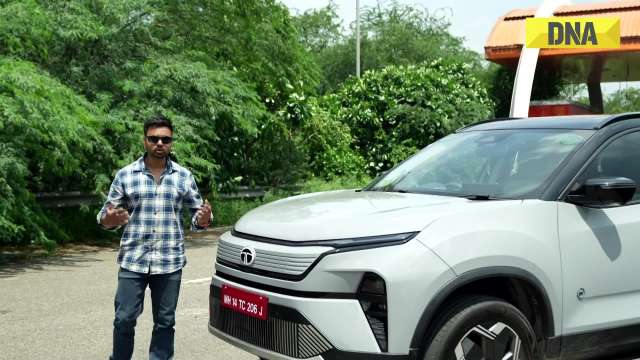 Tata Harrier EV Review | Most Advanced Electric SUV from Tata?
Tata Harrier EV Review | Most Advanced Electric SUV from Tata? Vida VX2 Plus Electric Scooter Review: Range, Power & Real-World Ride Tested!
Vida VX2 Plus Electric Scooter Review: Range, Power & Real-World Ride Tested! MG M9 Electric Review | Luxury EV with Jet-Style Rear Seats! Pros & Cons
MG M9 Electric Review | Luxury EV with Jet-Style Rear Seats! Pros & Cons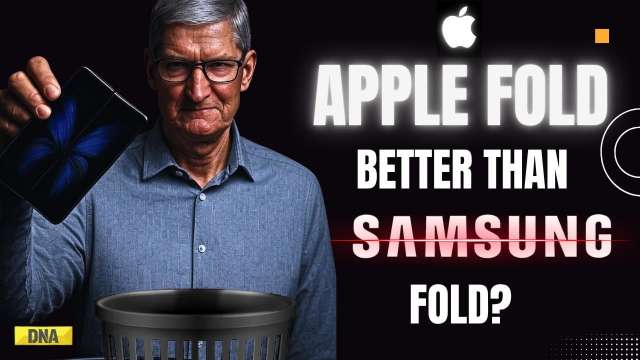 Iphone Fold: Apple’s iPhone Fold Could Solve Samsung’s Biggest Foldable Problem | Samsung Z Fold 7
Iphone Fold: Apple’s iPhone Fold Could Solve Samsung’s Biggest Foldable Problem | Samsung Z Fold 7 Trump News: Congress Seeks Answers On Trump's Alleged Mediation In Operation Sindoor
Trump News: Congress Seeks Answers On Trump's Alleged Mediation In Operation Sindoor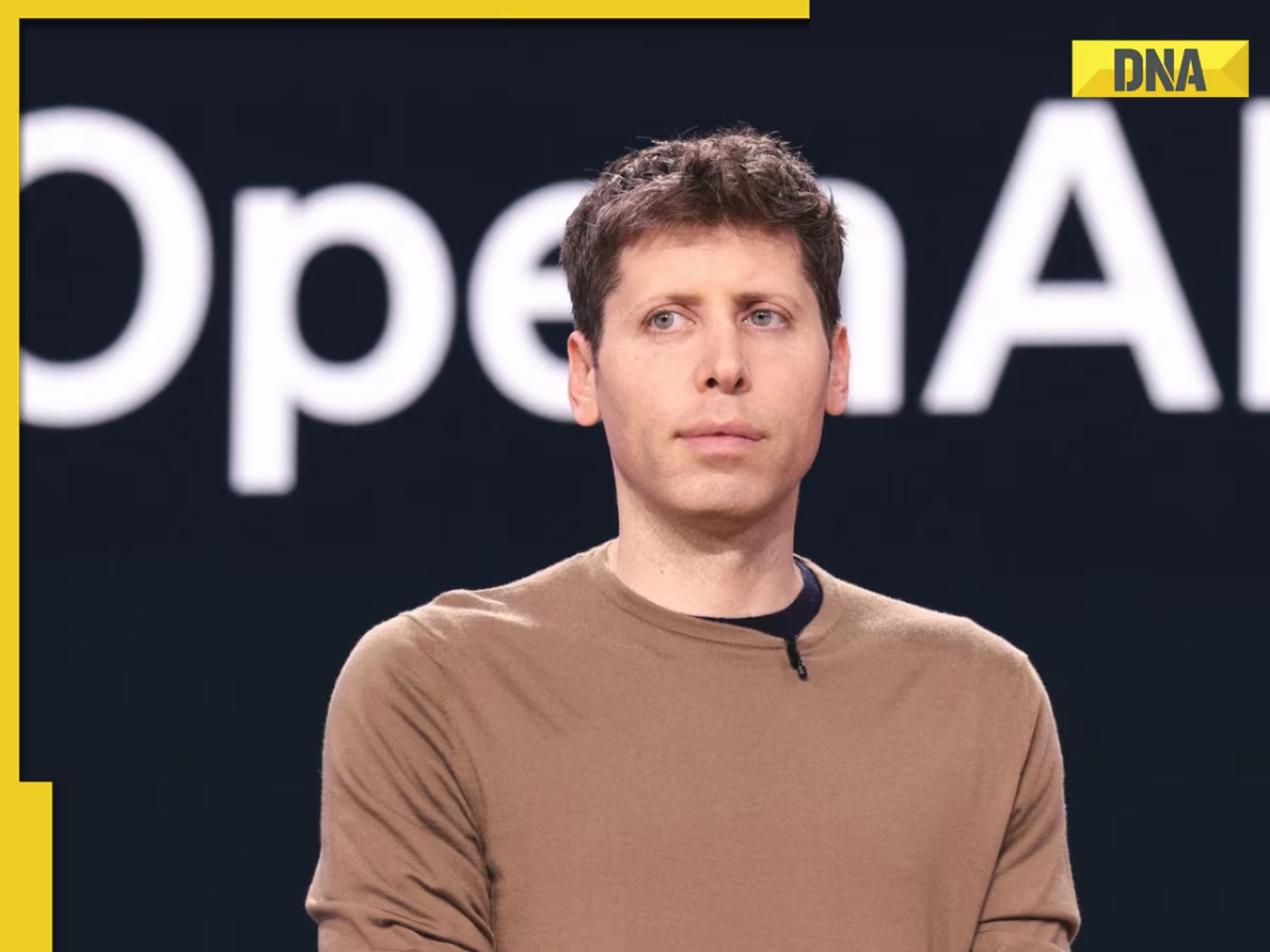 OpenAI CEO Sam Altman issues CHILLING warning, says conversations with ChatGPT are...
OpenAI CEO Sam Altman issues CHILLING warning, says conversations with ChatGPT are...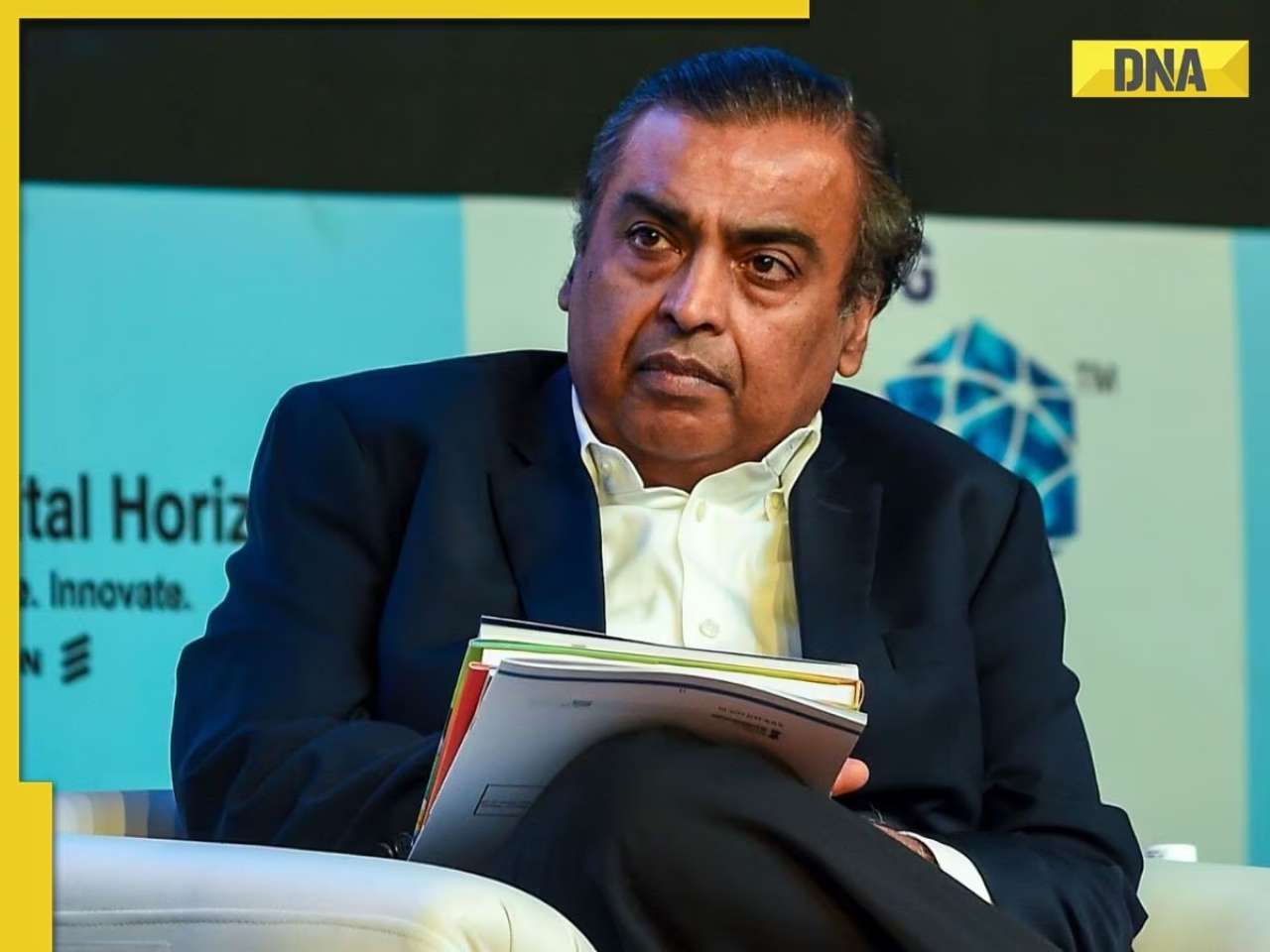 This man becomes world's highest-earning billionaire in 2025, beats Elon Musk and Jeff Bezos, Mukesh Ambani is at...
This man becomes world's highest-earning billionaire in 2025, beats Elon Musk and Jeff Bezos, Mukesh Ambani is at... Meet man who built Rs 200,000,000 empire after two failed ventures, his business is..., net worth is Rs...
Meet man who built Rs 200,000,000 empire after two failed ventures, his business is..., net worth is Rs... Meet man, founder of app under govt lens, also owns Rs 1000000000 business, he is..., his educational qualification is...
Meet man, founder of app under govt lens, also owns Rs 1000000000 business, he is..., his educational qualification is...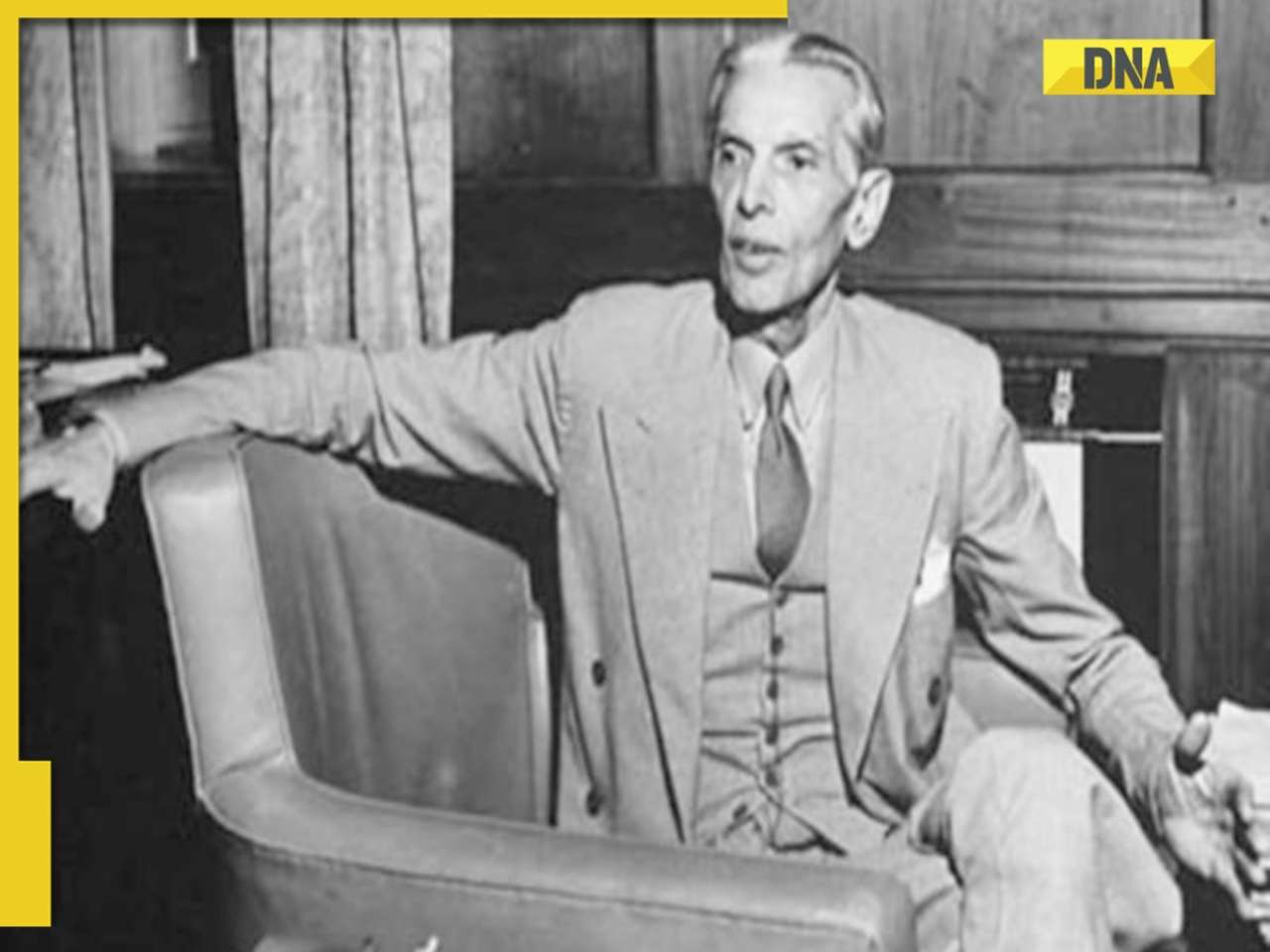 Jinnah wanted THIS Muslim man to be first Finance Minister of Pakistan, he refused, his son is on Forbes list of billionaires
Jinnah wanted THIS Muslim man to be first Finance Minister of Pakistan, he refused, his son is on Forbes list of billionaires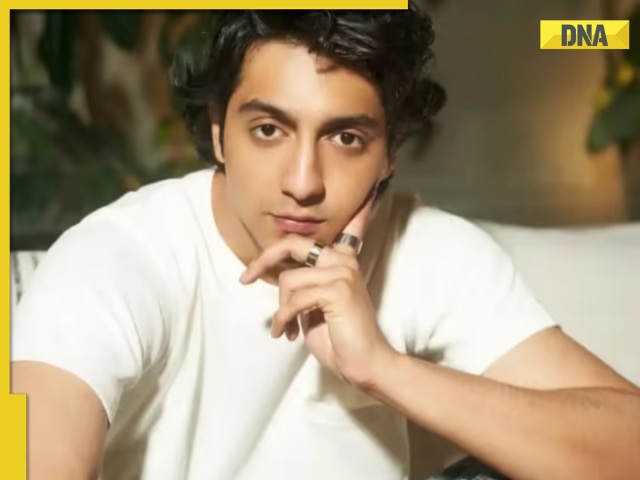 Inside Ahaan Panday’s academic journey before his Bollywood debut in Saiyaara
Inside Ahaan Panday’s academic journey before his Bollywood debut in Saiyaara From Alia Bhatt to Anushka Sharma: 5 Bollywood moms who are redefining style
From Alia Bhatt to Anushka Sharma: 5 Bollywood moms who are redefining style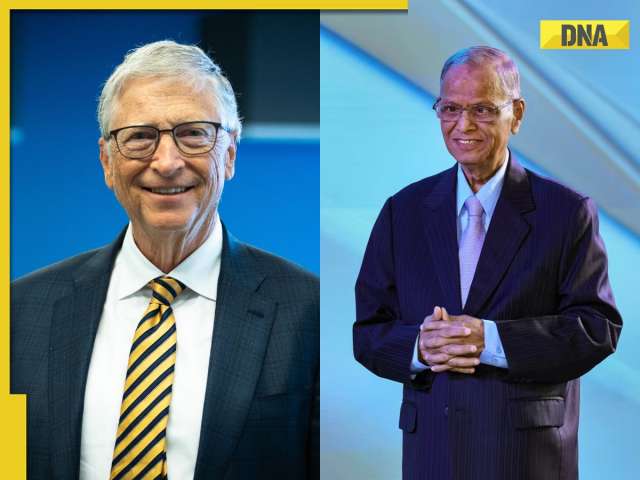 Want to think like a billionaire? Try these 5 habits followed by Bill Gates, Narayana Murthy and others
Want to think like a billionaire? Try these 5 habits followed by Bill Gates, Narayana Murthy and others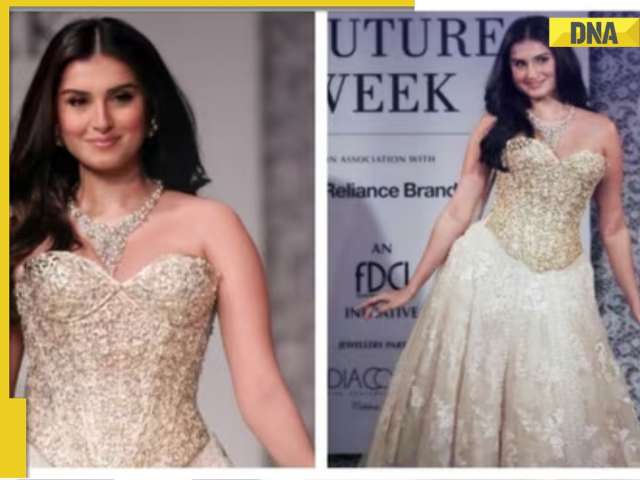 In Pics: Tara Sutaria brings fairytale magic to ramp in a shimmering golden gown at ICW 2025
In Pics: Tara Sutaria brings fairytale magic to ramp in a shimmering golden gown at ICW 2025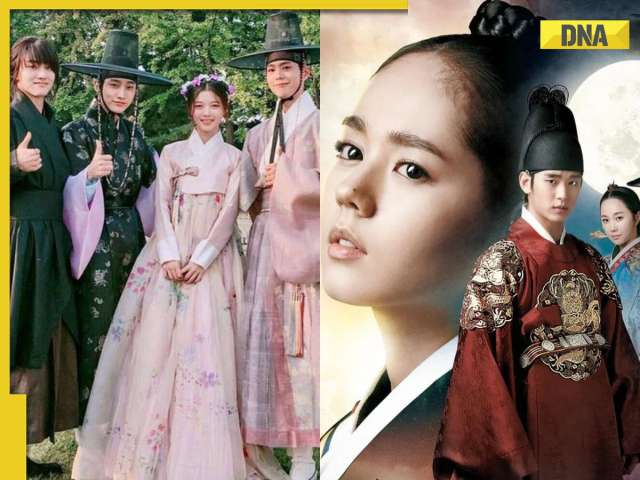 From Love in the Moonlight to Moon Embracing the Sun: 7 must-watch K-dramas
From Love in the Moonlight to Moon Embracing the Sun: 7 must-watch K-dramas Stampede at Mansa Devi temple in Haridwar, 6 feared dead, several injured
Stampede at Mansa Devi temple in Haridwar, 6 feared dead, several injured Japan’s fastest bullet train can cover Delhi to Varanasi in just 3.5 hours, check stoppages, route, will be operational from...
Japan’s fastest bullet train can cover Delhi to Varanasi in just 3.5 hours, check stoppages, route, will be operational from...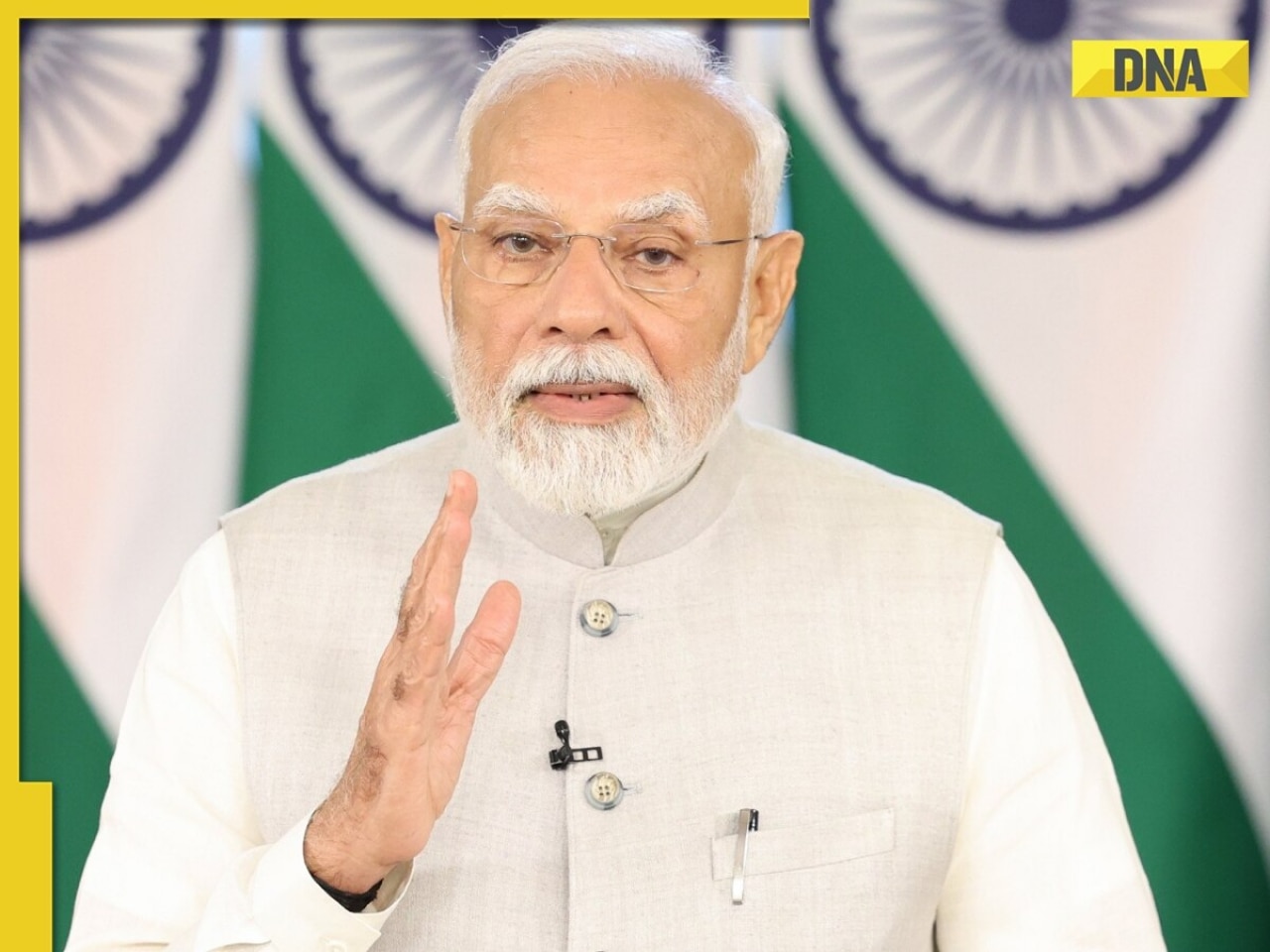 PM Modi issues BIG statement on India-UK trade deal, says, 'It shows growing trust of...'
PM Modi issues BIG statement on India-UK trade deal, says, 'It shows growing trust of...' SHOCKING! 1-year-old child bites cobra to death in THIS state: 'He was spotted with...'
SHOCKING! 1-year-old child bites cobra to death in THIS state: 'He was spotted with...' India appeals to Thailand, Cambodia to prevent escalation of hostilities: 'Closely monitoring...'
India appeals to Thailand, Cambodia to prevent escalation of hostilities: 'Closely monitoring...'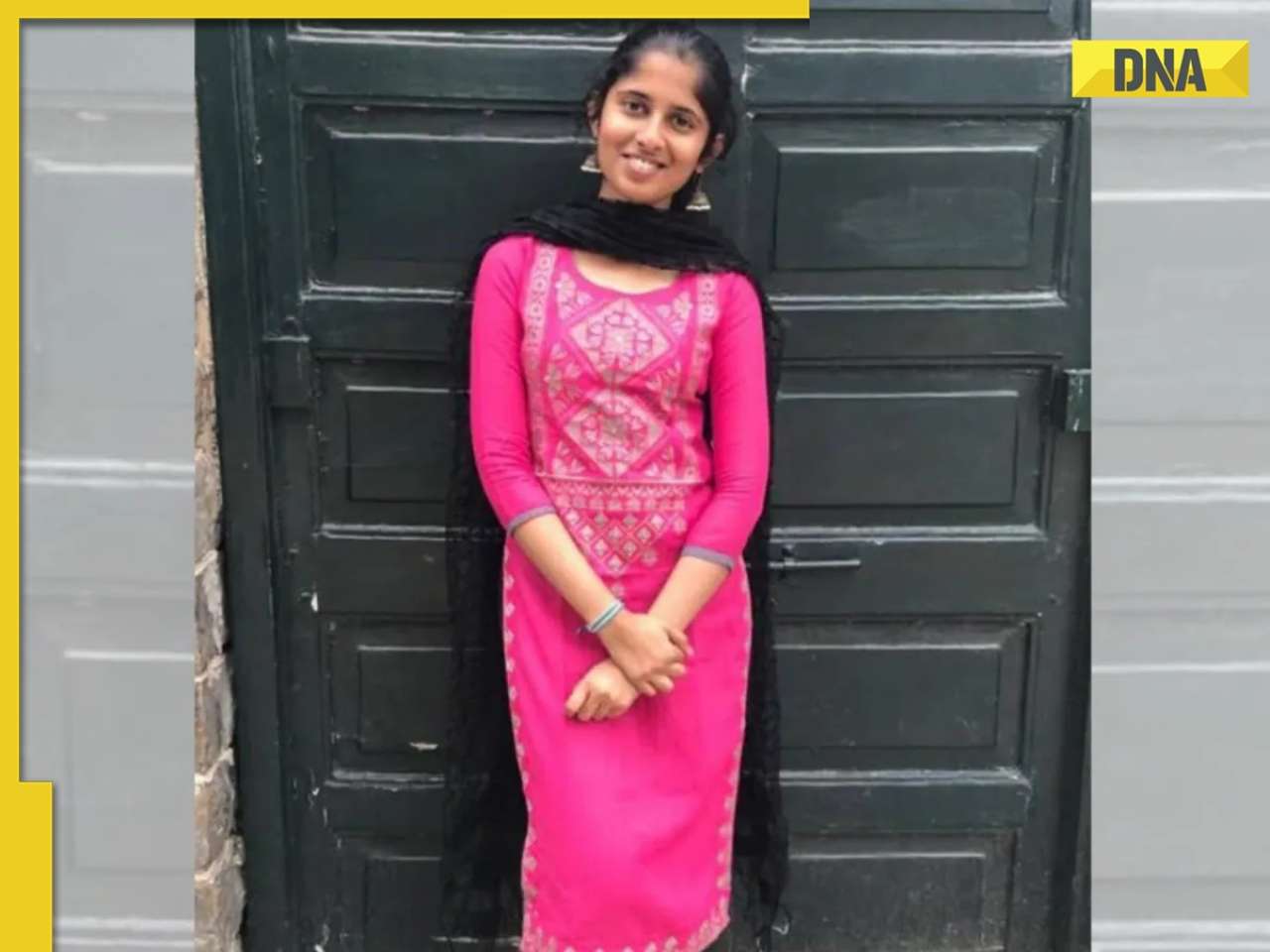 After IAS Jagrati Awasthi, marksheet of UPSC topper AIR 3 Donuru Ananya Reddy goes viral, she scored highest in...
After IAS Jagrati Awasthi, marksheet of UPSC topper AIR 3 Donuru Ananya Reddy goes viral, she scored highest in...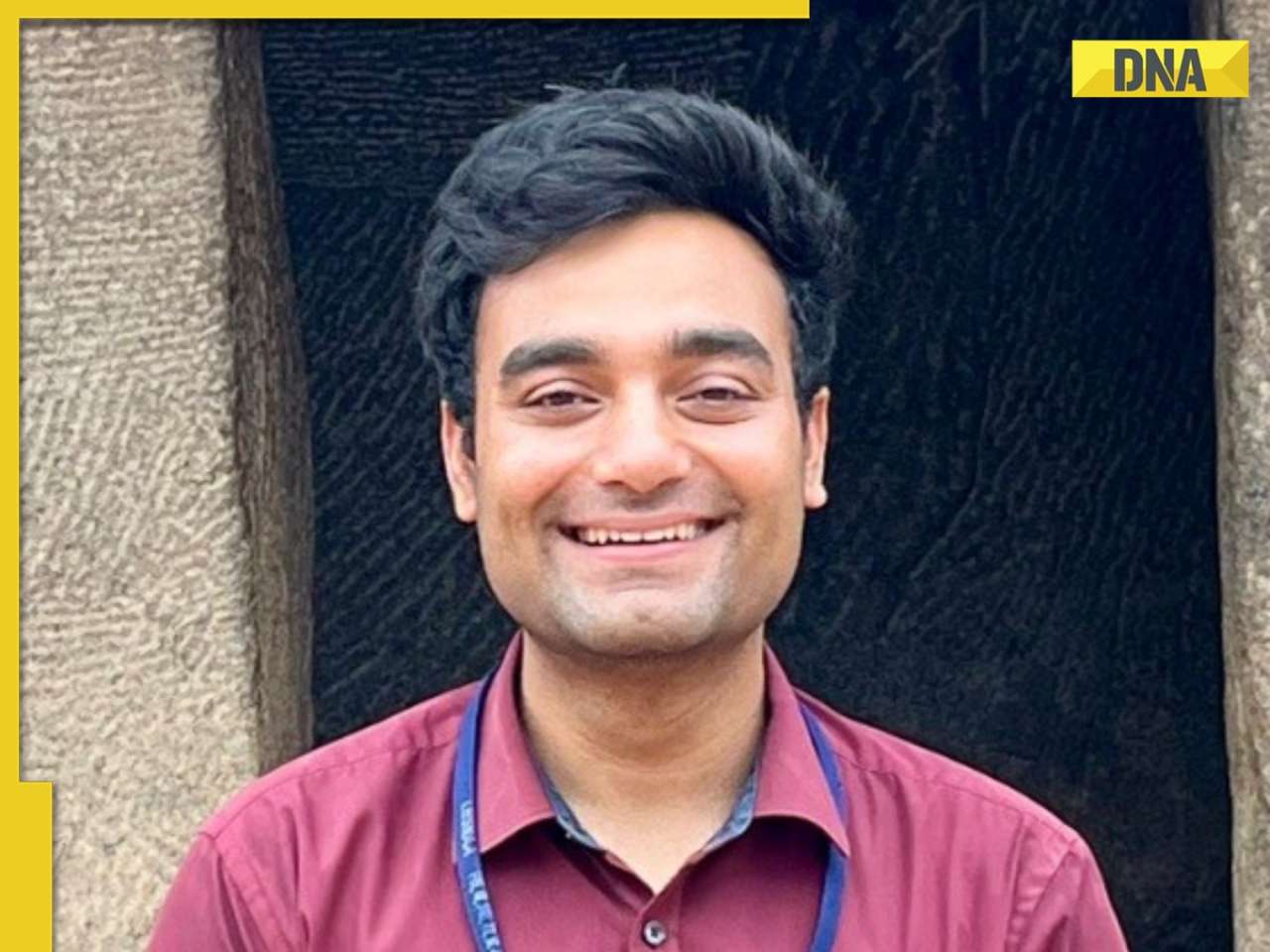 Meet man, son of tea seller, who cracked UPSC exam thrice without any coaching to become IAS officer, his AIR was..., he is currently posted in...
Meet man, son of tea seller, who cracked UPSC exam thrice without any coaching to become IAS officer, his AIR was..., he is currently posted in... Indian Army Agniveer CEE 2025 result declared, here's how you can download it
Indian Army Agniveer CEE 2025 result declared, here's how you can download it Meet IPS officer, DU grad, who cracked UPSC exam in her third attempt, secured 992 out of 2025 marks with AIR..., now married to IAS...
Meet IPS officer, DU grad, who cracked UPSC exam in her third attempt, secured 992 out of 2025 marks with AIR..., now married to IAS...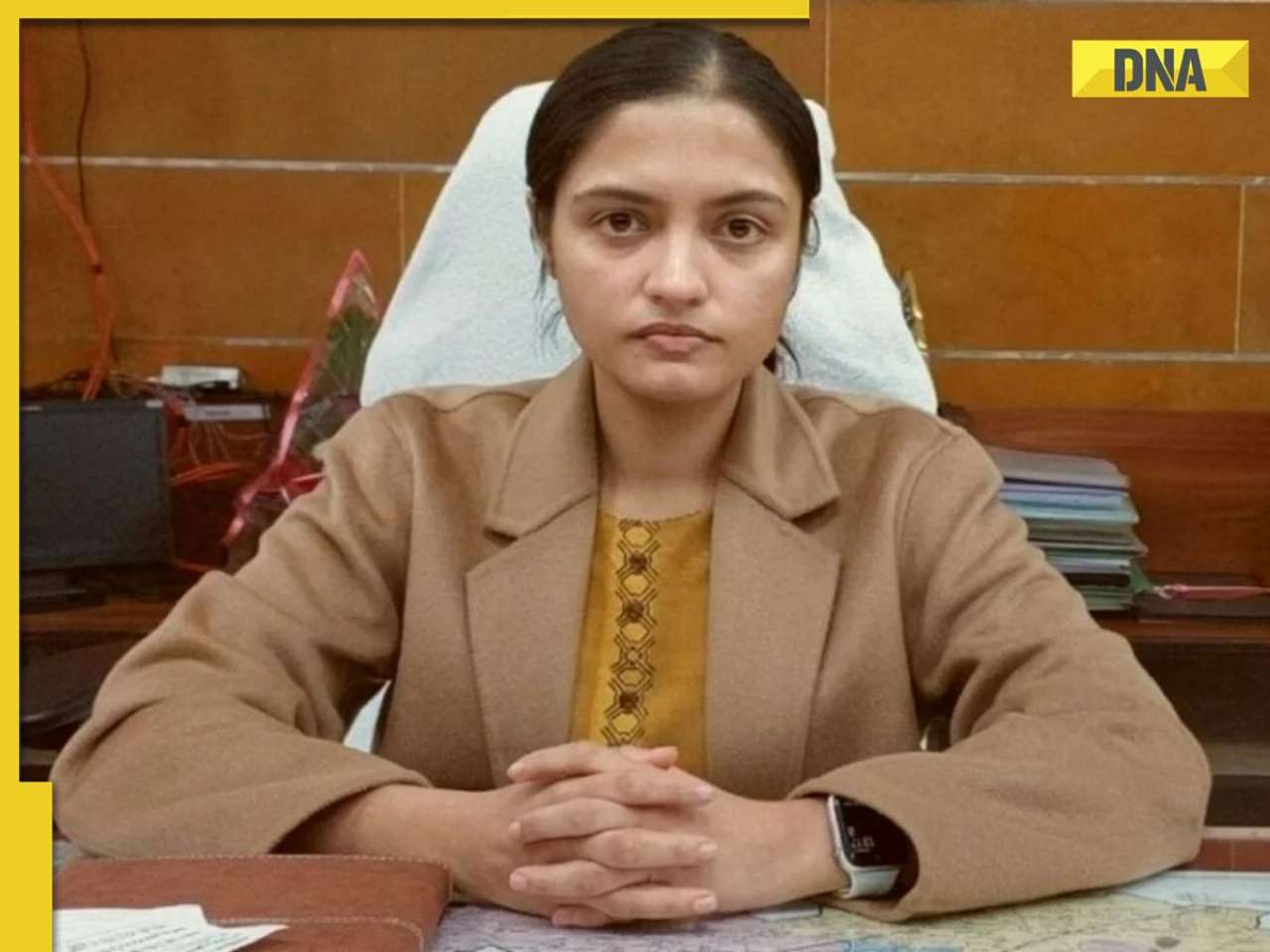 Meet woman, who studied MBBS, later cracked UPSC with AIR..., became popular IAS officer for these reasons, shares similarities with IAS Tina Dabi, she is from...
Meet woman, who studied MBBS, later cracked UPSC with AIR..., became popular IAS officer for these reasons, shares similarities with IAS Tina Dabi, she is from... Maruti Suzuki's e Vitara set to debut electric market at Rs..., with range of over 500 km, to launch on...
Maruti Suzuki's e Vitara set to debut electric market at Rs..., with range of over 500 km, to launch on... This is world’s most expensive wood, cost of 1kg wood is more than gold, its name is..., is found in...
This is world’s most expensive wood, cost of 1kg wood is more than gold, its name is..., is found in... This luxury car is first choice of Indians, even left BMW, Jaguar, Audi behind in sales, it is...
This luxury car is first choice of Indians, even left BMW, Jaguar, Audi behind in sales, it is... Kia India unveils Carens Clavis: Check features, design changes, price and more; bookings open on...
Kia India unveils Carens Clavis: Check features, design changes, price and more; bookings open on... Tesla CEO Elon Musk launches most affordable Cybertruck, but it costs Rs 830000 more than older version, it is worth Rs...
Tesla CEO Elon Musk launches most affordable Cybertruck, but it costs Rs 830000 more than older version, it is worth Rs...




)
)
)
)
)
)
)
)
)
)
)
)
)
)
)
)
